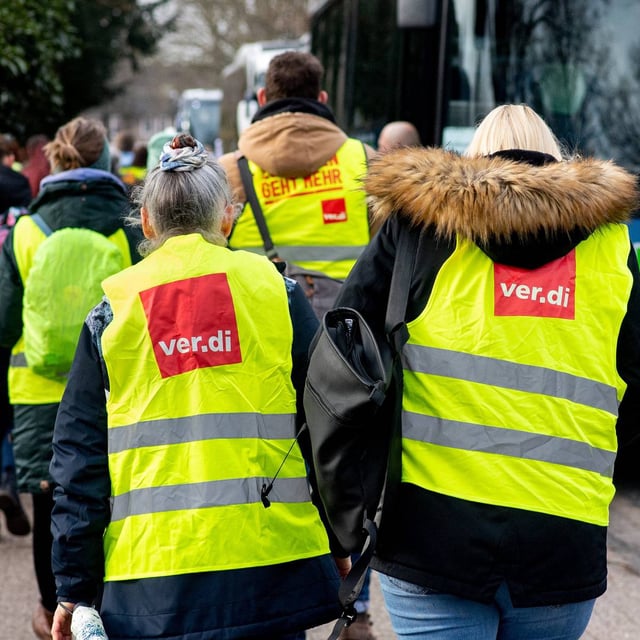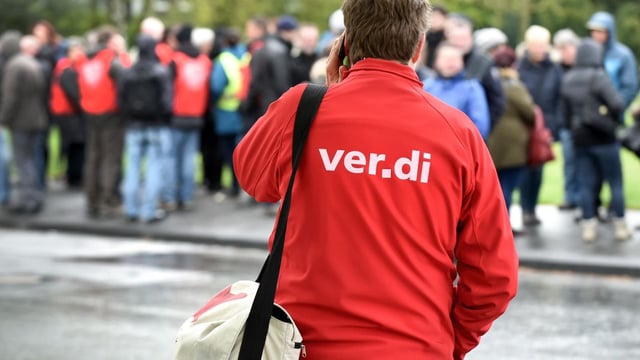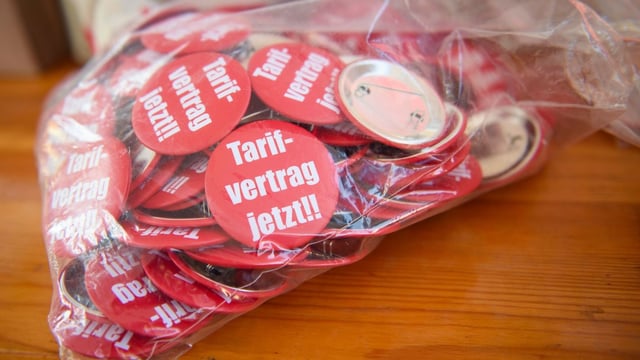Overview
- Collective bargaining coverage in North Rhine-Westphalia (NRW) has dropped from 82% in 1996 to just 51% in 2023, reflecting a nationwide trend.
- Workers without collective agreements in NRW earn 8.5% less on average and work approximately 50 minutes more per week than their unionized counterparts.
- Public sector employees in NRW enjoy 100% coverage, while sectors like arts and entertainment have as little as 11%.
- The NRW government has yet to fulfill its promise to implement a 'Tariftreuegesetz,' which would prioritize collective bargaining compliance in public procurement.
- The decline in collective bargaining agreements is estimated to cost Germany €130 billion annually in lost taxes and social contributions.


